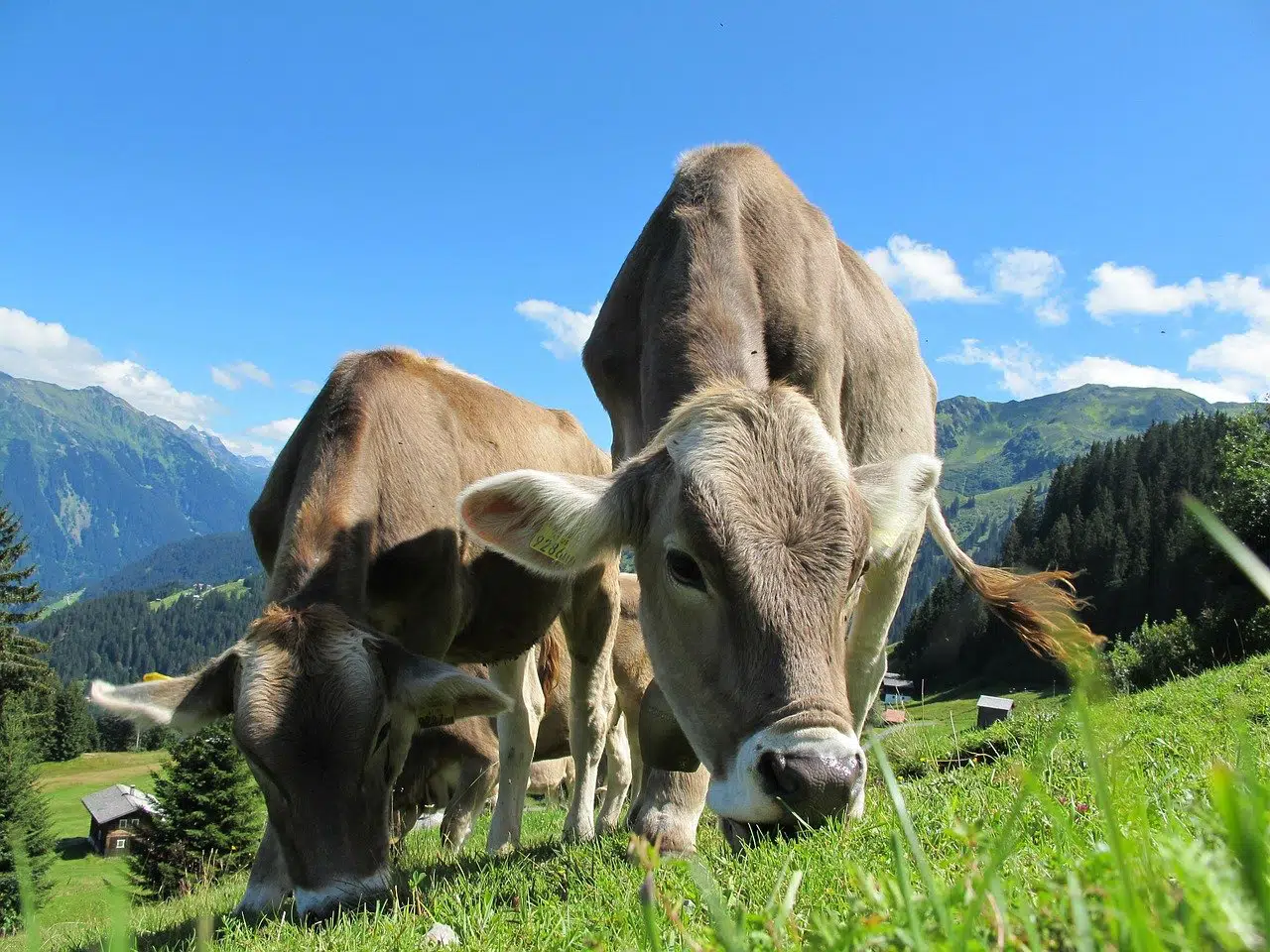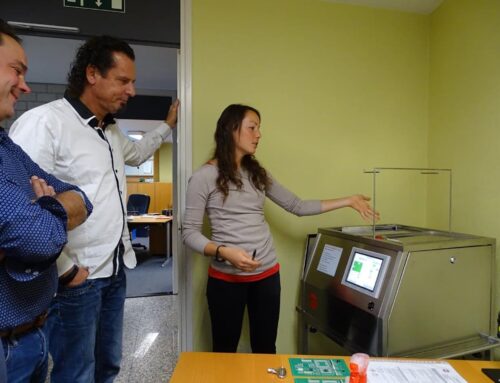In some 30 years there will be nearly 10 billion people on earth. All these people want to eat and drink. With the development of in-vitro meat one might think that there will not be employment in cattle farming in the future. Moreover, it would be better for the environment, too. Still developments do not go that fast, and the traditional meat industry has a powerful lobby. Politicians all over the world find it hard to battle this lobby, but fortunately there are developments in cattle farming and agriculture that will make these industries more environmentally friendly as well as more efficient and effective. Let us look at a few developments here.
One of the developments to make agriculture more efficient and effective is the Azure FarmBeats platform. This is a platform for digital agriculture which is entirely cloud-based. Because everything has been digitised, the system allows the farmer to get real-time insights into the status of his soil and the plants in it. Think not only of the air in the soil and the humidity, but also of nitrogen and carbon levels. All these data are analysed, so farmers can monitor their crops better and optimise their farming methods thanks to the use of artificial intelligence and machine learning.
Equipping cows and pigs with a pulse monitor or a 5G collar, a utopia? No, this is reality. Various initiatives in this field have already been taken. In Sweden cows have an implanted RFID chip, and the data on the chip can direct a drone to coax the cows away from the stables into the fields or bring them back in. Pigs that are fitted with a pulse monitor and are linked to a computer show their owner their health status real time, so measures can be taken even before serious problems occur. By measuring a pig’s heart beat the pig owner can keep a check on animal welfare: does it have stress or a fever, or is it getting ill? Prevention is the magic word. Before the animal gets really ill, the cattle owner can take measures. If he equips all his cows with a smart 5G collar, he knows everything about his cows: how much they eat, how much milk they each produce, etc. An English farmer is using the collar and already has some interesting results.
City farms will dominate the future landscape. With almost 10 billion people on the planet space for agriculture is inevitably shrinking. One initiative to realise city farming is LettUsGrow. They use led lighting to make various crops grow faster and in the most diverse places.
Is the farmer going to disappear? We do not think so. What will change, however, is the nature of farming work. It will be more and more robotised, and with the application of artificial intelligence and machine learning the farm of 2050 will differ radically from the farm of 2020.










